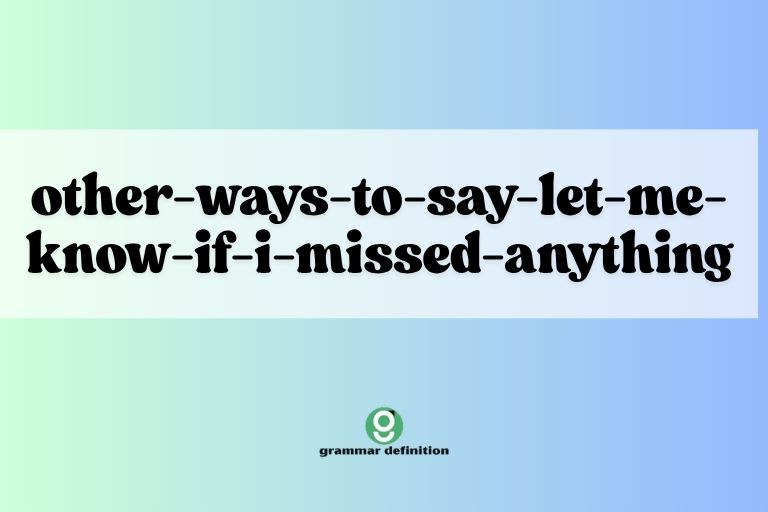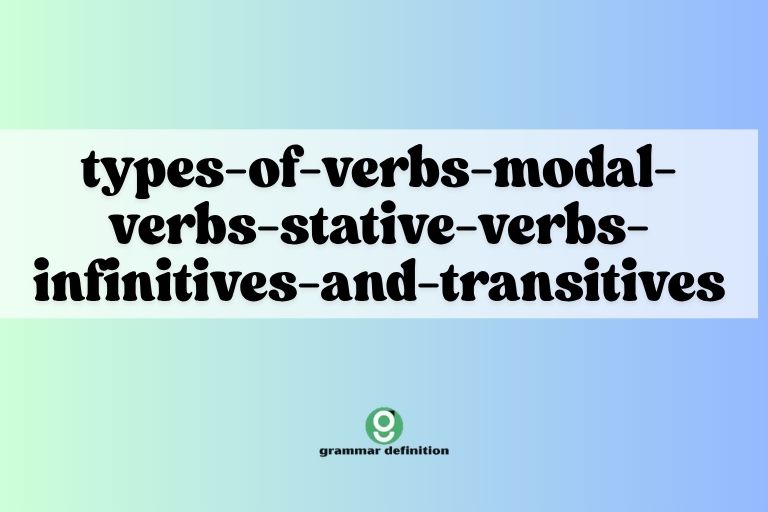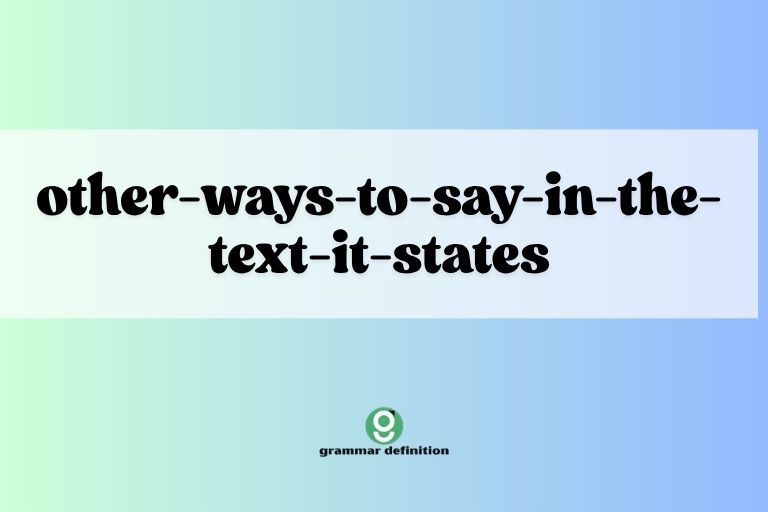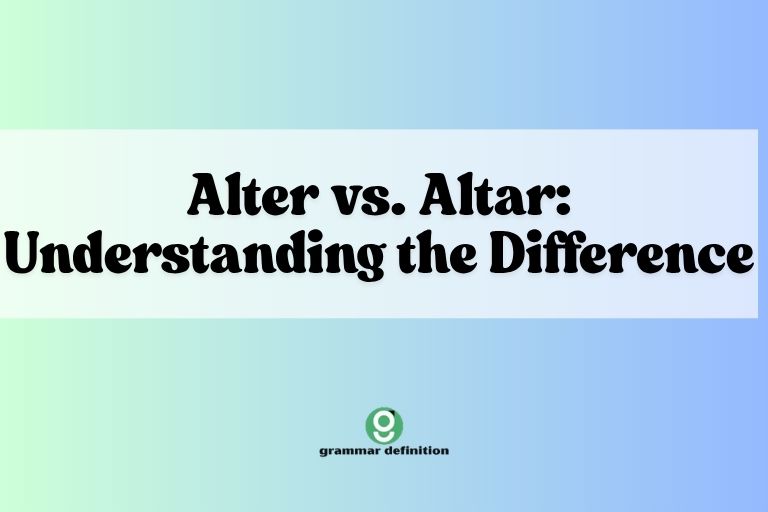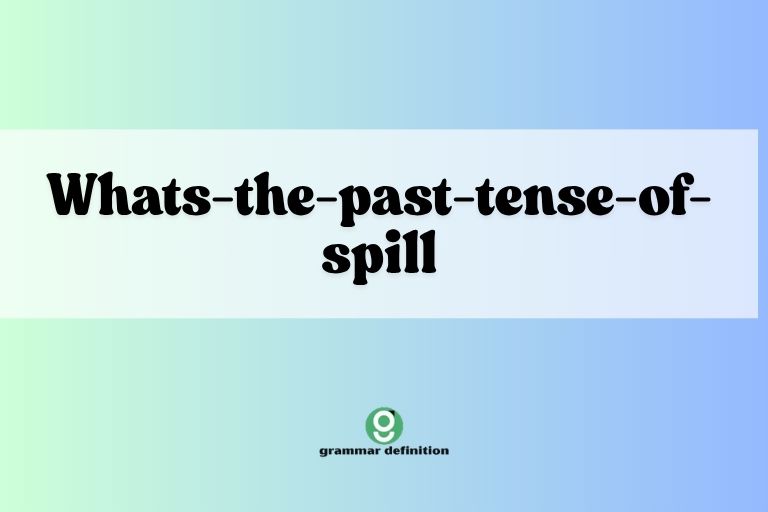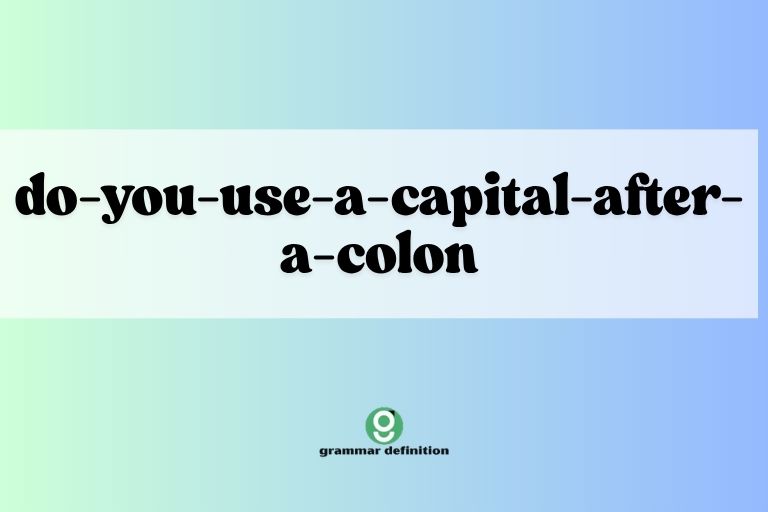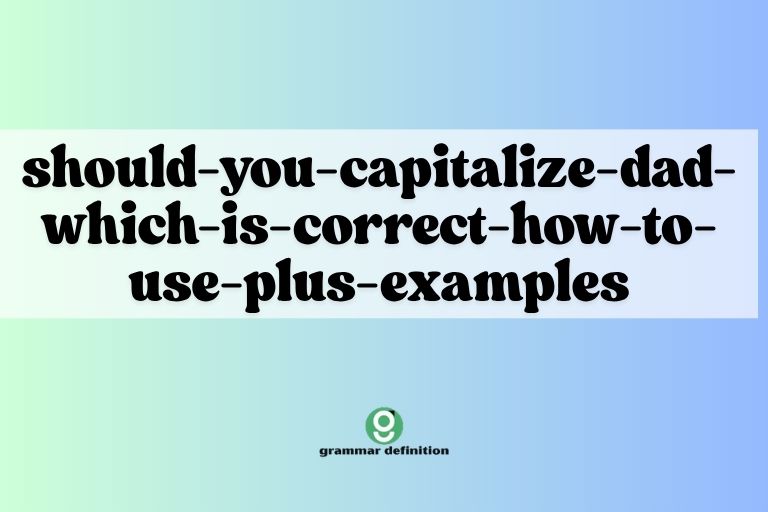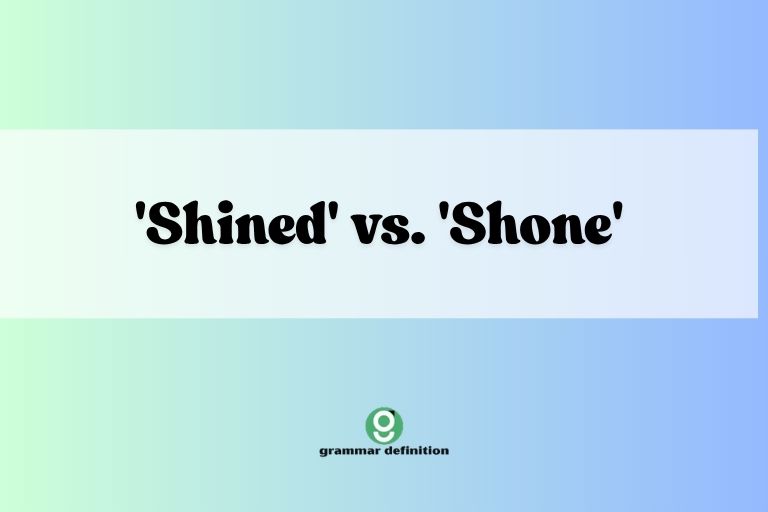Behavior vs. Behaviour: A Comprehensive Guide
The words “behavior” and “behaviour” are two spellings of the same noun, referring to the way someone or something acts. Understanding when and where to use each spelling is essential for clear and effective communication, particularly in formal writing. This article will explore the nuances of these spellings, their origins, usage rules, and common pitfalls….


